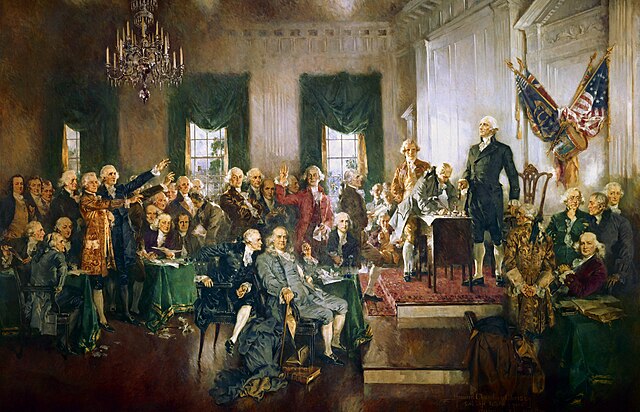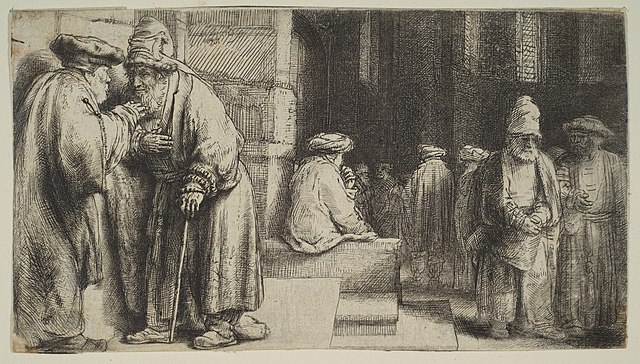Introduction
The inception of the United States is an intricate narrative replete with diverse influences. Notably, the profound impact of the Christian faith was instrumental. The majority of the Founding Fathers were Christian, their writings and public statements often reflecting a deep reverence for God, moral virtues, and principles derived from Scripture. However, despite their Christian faith, it is important to discern that they did not explicitly establish a covenant with God in the mold of Israel’s covenant in the Old Testament.
The Nature of Biblical Covenants
In the Bible, covenants are serious agreements initiated by God and presented to individuals or a group, often accompanied by specific stipulations and signs. God’s covenant with Israel was unidirectional, irrevocable, and entailed blessings and curses based on obedience. These covenants were explicit, divinely ordained, and clearly articulated.
The Founding Fathers, despite their deep Christian convictions, did not claim to be initiating a covenant with God in the manner of biblical figures like Abraham or Moses. There is no historical document or public statement from the period declaring that the establishment of the United States was a covenantal act with God, in line with the biblical model.
Recent Interpretations and Influences
The idea of America’s founding as a covenant with God akin to Israel’s is a relatively recent interpretation. Certain groups, including some within the Church of Jesus Christ of Latter-Day Saints (LDS), have promoted this concept due to their unique understanding of North American history, which includes a belief that ancient Israelites settled in the Americas.
However, this interpretation, while compelling for some, does not align with mainstream historical or theological consensus. It represents a departure from historical documentation and the typical theological understanding of what constitutes a biblical covenant.
America’s Greatness and Its Role in Advancing the Gospel
This careful consideration of America’s spiritual roots in no way detracts from the nation’s unique greatness or its crucial role in advancing the Gospel. The United States’ commitment to democratic principles, religious freedom, and human rights has created a fertile environment for Christianity to flourish and spread worldwide.
Indeed, America has served as a launching pad for countless missionaries and has contributed significantly to global Christian humanitarian efforts. This unique role stems not from a divinely ordained covenant but from the Founding Fathers’ commitment to principles of liberty and justice, deeply influenced by their Christian faith.
Conclusion
While the narrative of America’s founding as a covenant with God has a certain appeal, it is essential to approach this interpretation with discernment and a careful examination of both historical and biblical evidence. This does not undermine our appreciation for America’s unique role in promoting Christian values and advancing the Gospel globally. Rather, it invites us to honor the genuine faith of the Founding Fathers without overextending biblical models into our national history.
Discussion Questions
- How does a clear understanding of biblical covenants shape our view of the Founding Fathers’ intentions?
- What are the implications of applying the biblical covenant model to the founding of America?
- How have recent interpretations, such as those from the LDS community, influenced public understanding of America’s spiritual history?
- How does America’s commitment to democratic principles and religious freedom foster the advancement of the Gospel?
Want to Know More?
- “Faith and Freedom: The Christian Roots of American Liberty” by Benjamin Hart. Hart examines the historical connection between Christianity and American liberty, arguing for the significant impact of Christian ideas and values on the founding of the United States.
- “Covenant and God’s Purpose for the World” by Thomas R. Schreiner. This book offers a thorough examination of the concept of covenant in Scripture, exploring its role in God’s redemptive plan for humanity. It provides a biblical theology of covenant, drawing upon careful exegesis and theological analysis.
- “America’s God and Country: Encyclopedia of Quotations” by William J. Federer. This comprehensive collection of quotes from America’s founders and other influential figures showcases their Christian beliefs and the religious foundation upon which they sought to establish the nation.




